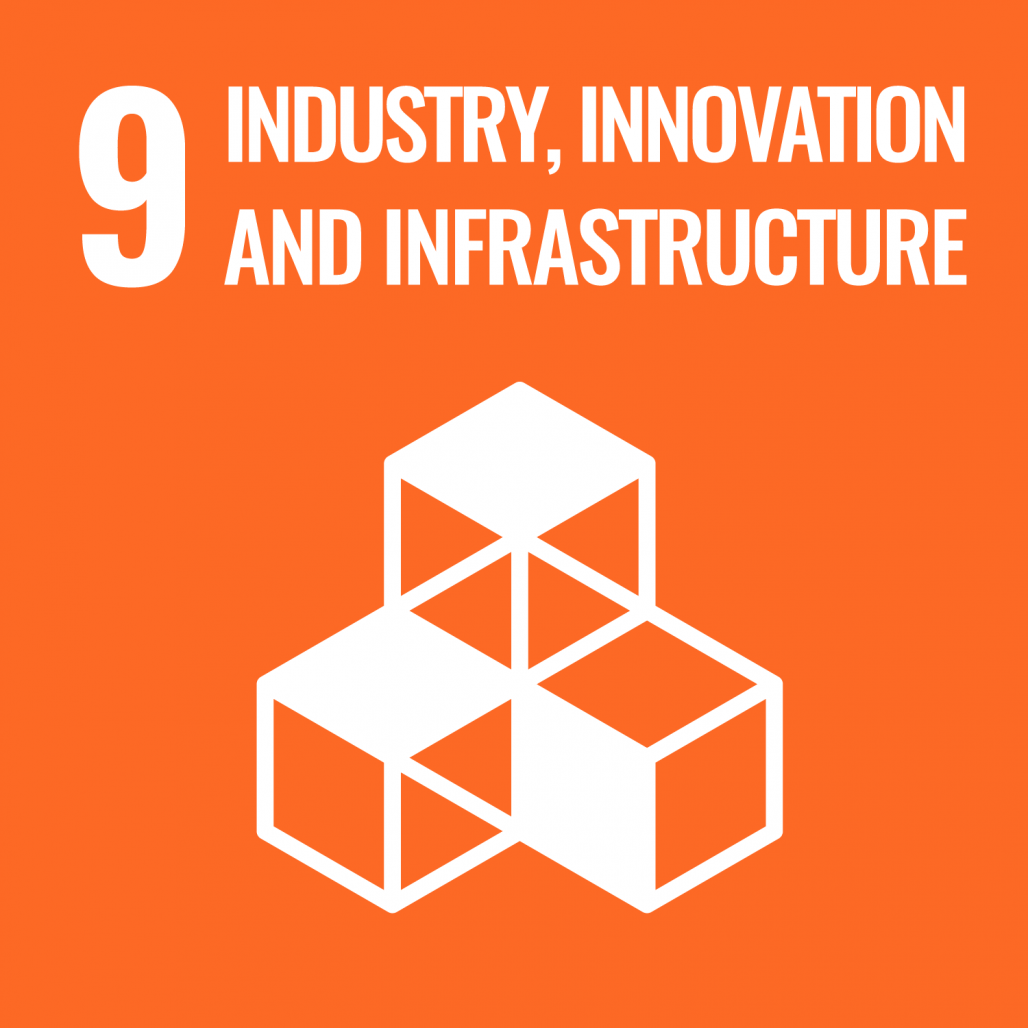In December 2020, InfraRed refinanced and expanded TRIG’s RCF. This new loan is one of the first ESG-linked SONIA loans of its kind and sets TRIG ambitious but achievable sustainability targets, noted below. This underlines our commitment to sustainability and helps align this with financial outcomes for our equity investors. More generally, sustainability-linked debt instruments incentivise businesses to lower their own environmental impact and are an important tool in financing the transition to a low carbon economy.
The interest charged in respect of the renewed RCF is linked to the Company’s ESG performance. TRIG will incur a premium or reduction to its margin and commitment fee based on performance against defined sustainability targets. Those targets include:
- Environmental: increase in the number of homes powered by clean energy from TRIG’s portfolio
- Social: increase in the number of community funds supported by TRIG
- Governance: maintaining a low Lost Time Accident Frequency Rate (LTAFR)
Performance against these targets will be measured each year, with the cost of the RCF being amended in the following year. The RCF has also been established using the new SONIA basis, ahead of the wider banking market transition from LIBOR, reflecting the forward-looking approach to good governance of TRIG’s Board and its Managers.
Building on TRIG’s ESG-linked revolving credit facility, in 2021 InfraRed has also worked with NatWest Capital Markets for TRIG to link its key sustainability measures to its FX hedging cost. As part of the agreement, TRIG will receive a sustainability payment when it delivers against its established ESG targets as defined above.



